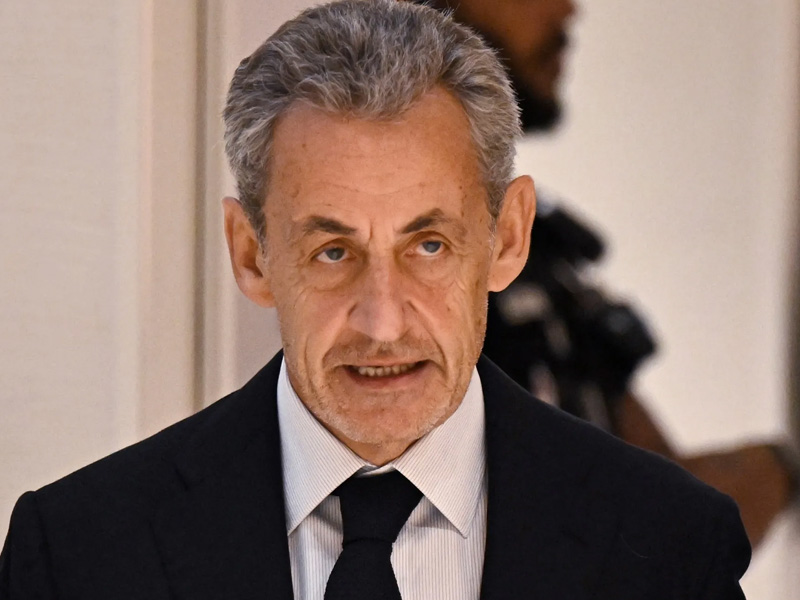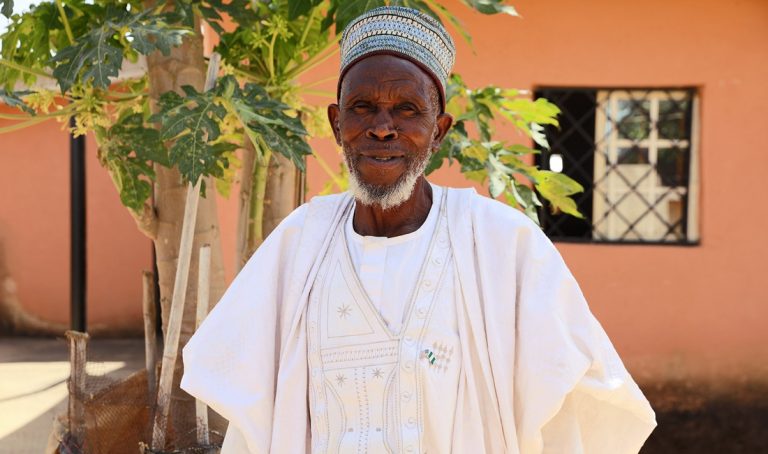
Former French President Nicolas Sarkozy has begun serving a five-year prison sentence after being convicted of conspiring to finance his 2007 election campaign with money from the late Libyan dictator, Muammar Gaddafi. His imprisonment marks a historic moment — the first time a French ex-president has gone to jail since World War II leader Philippe Pétain was imprisoned for treason in 1945.
Sarkozy, who led France from 2007 to 2012, arrived under heavy security at La Santé prison in Paris on Tuesday morning, where he will occupy a 9-square-metre isolation cell. The 70-year-old, still protesting his innocence, posted a defiant message on social media before entering the facility: “I have no doubt. Truth will prevail. But how crushing the price will have been.” He added, “Do not feel sorry for me… but this morning I feel deep sorrow for a France humiliated by a will for revenge.”
Crowds of supporters gathered outside Sarkozy’s home in Paris’s 16th district following a call from his son Louis for solidarity. Another son, Pierre, urged them to respond with “a message of love — nothing else, please.” Despite his high-profile status, Sarkozy has reportedly requested no special privileges in prison, though he has been placed in isolation for his safety due to the presence of notorious drug traffickers and terror convicts within the facility.
Inside his cell, Sarkozy will have basic amenities — a bed, desk, toilet, shower, and a small television — along with one hour of daily exercise alone. He told La Tribune in a recent interview that he was not afraid of prison and would “keep [his] head held high, including at the prison gates.”
Sarkozy’s conviction stems from allegations that millions of euros in illicit Libyan funds were channelled into his 2007 campaign through intermediaries connected to Gaddafi’s regime. While the court cleared him of personally receiving the money, he was found guilty of criminal association alongside two close allies, Brice Hortefeux and Claude Guéant. Both men allegedly held meetings in 2005 with Gaddafi’s intelligence chief, in talks arranged by Franco-Lebanese fixer Ziad Tiakeddine, who died shortly before the verdict.
Despite lodging an appeal — which means he remains legally presumed innocent — the court ordered Sarkozy to begin serving his sentence immediately due to what it called “the exceptional seriousness of the facts.”
Before his incarceration, Sarkozy was received at the Élysée Palace by President Emmanuel Macron, who later told reporters it was “normal that on a human level” he should meet with his predecessor. Justice Minister Gérald Darmanin also expressed concern for the former president’s welfare, saying he would visit Sarkozy in prison to “ensure his safety and the proper functioning of the facility,” adding, “I cannot be insensitive to a man’s distress.”
Sarkozy has taken two books into prison with him: a biography of Jesus and The Count of Monte Cristo — the classic tale of a man wrongfully imprisoned who ultimately triumphs over his accusers. For many, the choice of reading material symbolises the former president’s continued defiance and his determination to clear his name.
Melissa Enoch



